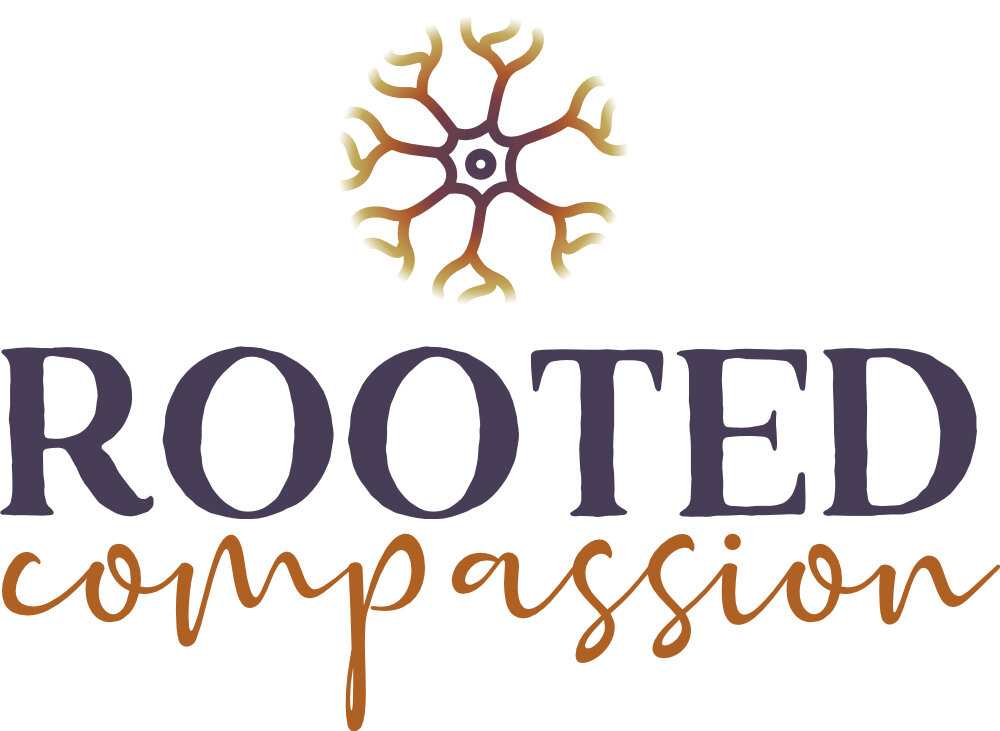Pandemics & Pranayama
“What even is a pandemic?”, I ask myself as I’m scrolling Facebook and reading about a new, novel virus that was spreading quickly across the globe and leaving many ill. As most of us know, the pandemic hit a lot of people hard. And I mean hard. We were unknowingly (and unwillingly) thrust into isolation; separated from our closest family, friends, and loved ones.
As someone who thrives off social energy, this was a huge change for me. I felt lonely, isolated, and needing a way to find connection. FaceTime, Zoom, and phone calls just weren’t cutting it.
I had to find a way to connect with myself; something I realized I didn't have much experience with. I had always sought connection through other people and when I was no longer able to do that I had to turn inward. For most people, including myself, that was a scary task. I was left with an important question that I didn’t know the answer to…
“How do I find safety and connection within myself?”
This is when I discovered yoga. Originally, I picked it up as a way to incorporate movement into my day. I had always heard it was a stellar workout and why not exercise in my comfiest clothes? I started to notice a major transition; my anxiety came down, chronic back pain started to ease, and I felt more confident in myself and my body’s abilities than ever before.
As we know, trauma and stress do not lie within the event itself, it’s how it lands in our nervous system and then how we process or don’t process it. First and foremost, experiencing and processing happen within the body; then comes our emotions, then our thoughts. Therefore, making it paramount to first process and heal trauma through our bodies. Yoga is an awesome approach for relieving symptoms of stress, trauma, and PTSD as it integrates both the mind and the body – it helps us to learn how to reconnect with ourselves in a world where we often feel disconnected.
“As we begin to re-experience a visceral reconnection with the needs of our bodies, there is a brand new capacity to warmly love the self.”
- Stephen Cope, Yoga and the Quest for the True Self
An incredible practice to begin with is called pranayama. Pranayama is a yogic technique of regulating the breath through certain methods and exercises. In Sanskrit (the primary sacred language of Hinduism), prana translates to “vital life force”, and yama means to gain control. Thus, pranayama means the practice of gaining control of our vital life force, our breath.
Changing the way one breathes can assist with improving:
anger
depression
anxiety
autonomic nervous system reactions
And that’s just the beginning; yogic practice that incorporates pranayama, asanas (stretches or postures) and meditation can positively affect a wide range of medical concerns such as high blood pressure, elevated stress hormone secretion, asthma, and chronic pain (Van der Kolk, 2014, p. 271).
Little did I know my, “Let’s incorporate some movement in some comfy clothes,” quarantine hobby would turn into a life-changing practice for myself and my clients. My goal as a therapist is to assist my clients with achieving safety within their own body allowing them to improve felt safety within the world. I am excited and honored to walk alongside clients on their own journeys.
I am currently completing a certification in Applied Polyvagal Theory in Therapeutic Yoga through The Embody Lab. As adjunct training, I am also completing Trauma-Informed Yoga training through Rewire Therapy and Yoga Nidra training through The Institute of Creative Mindfulness. If yoga is of interest to you in your mental health healing journey, I’d love to connect with you.
Van der Kolk, B. A. (2014). The body keeps the score: Brain, mind, and body in the healing of trauma. Viking.
Other bookstores that carry both titles:
Loyalty Bookstore, Washington, D.C.
Women and Children First, Chicago
Bookmarks, Winston-Salem, NC
Megan brings a wealth of knowledge and great perspective to the Rooted Compassion team. We are thrilled to have her on the team as we continue to learn together how to achieve felt safety for ourselves and for our clients.
The Rooted Compassion team is made up of a group of counselors who have a variety of specialties in order to best serve our clients. We recognize that every person has his/her own personal and unique life experiences and that one modality will not work for every client. Listed below is a summary of our counselors’ specialties at Rooted Compassion:
Emotional Freedom Techniques
Grief Counseling
Somatic Focused Counseling
EMDR
Cognitive Behavioral Therapy
Dialectical Behavior Therapy
Mindfulness-Based Practices
Trauma Responsive Care Techniques
Acceptance and Commitment Therapy
Motivational Interviewing
Gottman Couples Counseling
If you are interested in learning more about what Rooted Compassion is all about, please contact us today, look through our website, or find us on Instagram and Facebook.
Rooted Compassion Counseling is Ohio’s leading practice for trauma therapy through the lens of the nervous system. Our focus is to walk alongside clients as they heal from depression, anxiety, trauma, grief and/or loss. If you or someone you know are seeking to explore and build an inner sense of calm and safety, please contact us today. We would love to help you to find a counselor and counseling techniques that will guide you on your mental health journey to healing.




